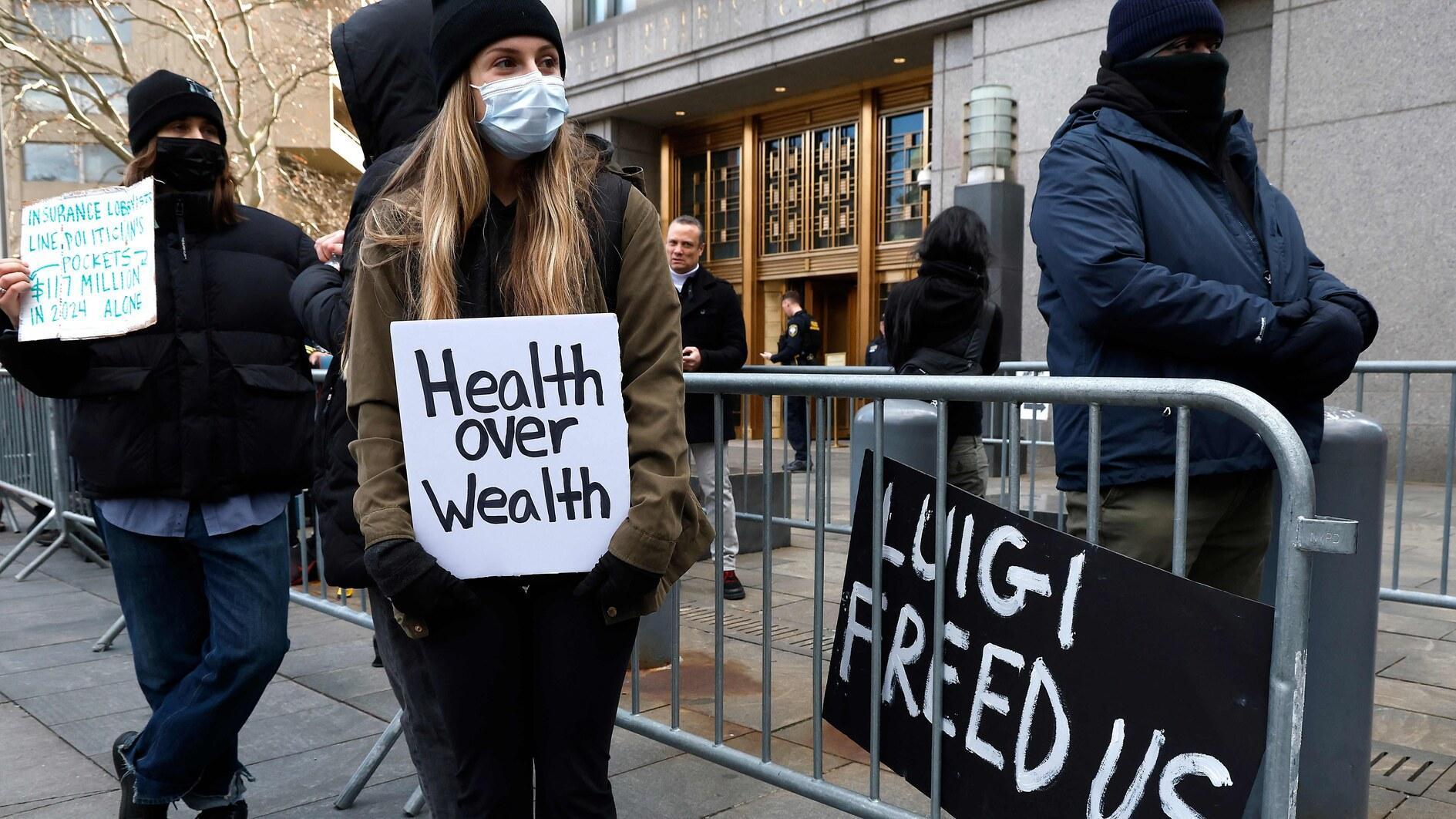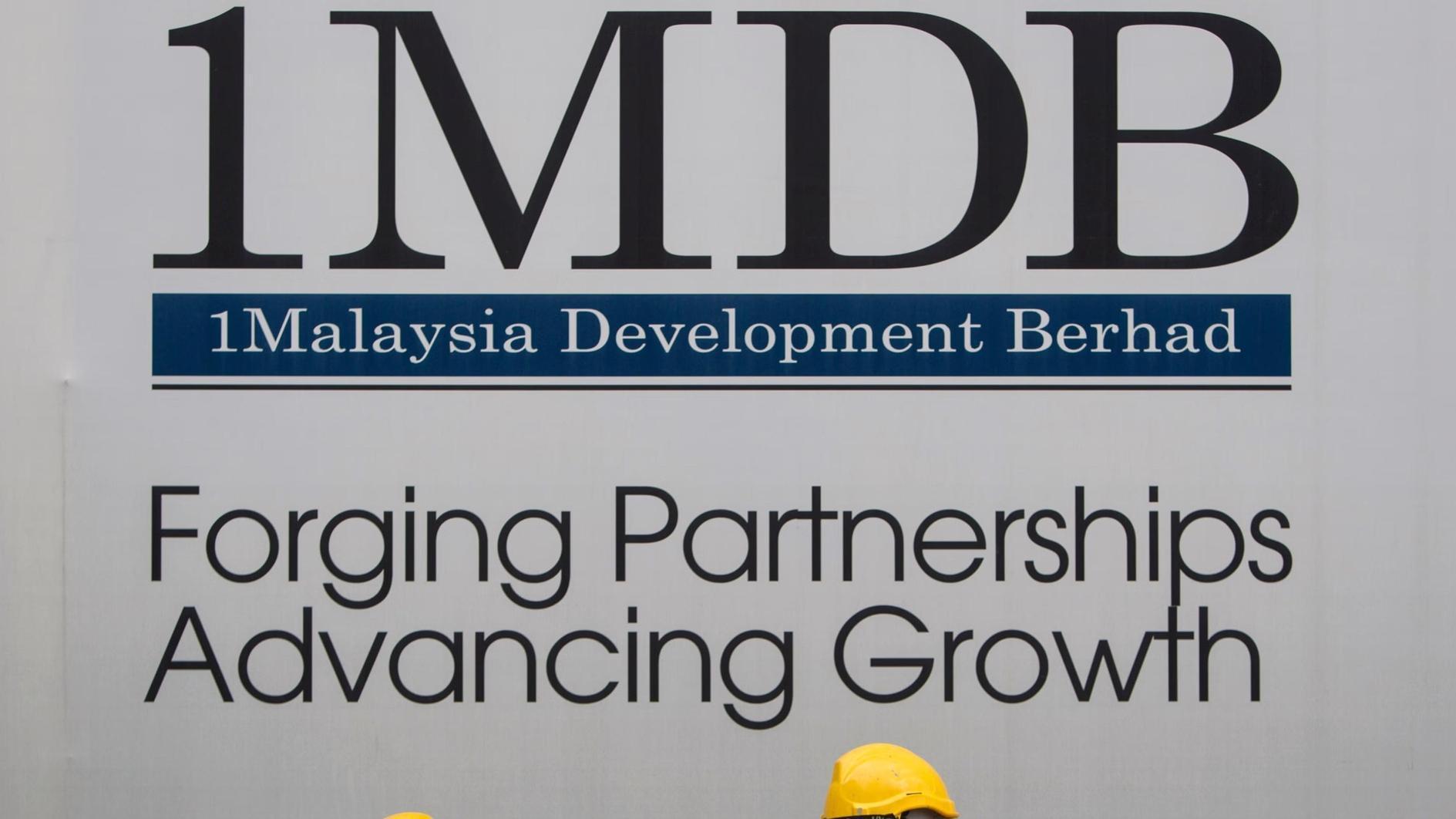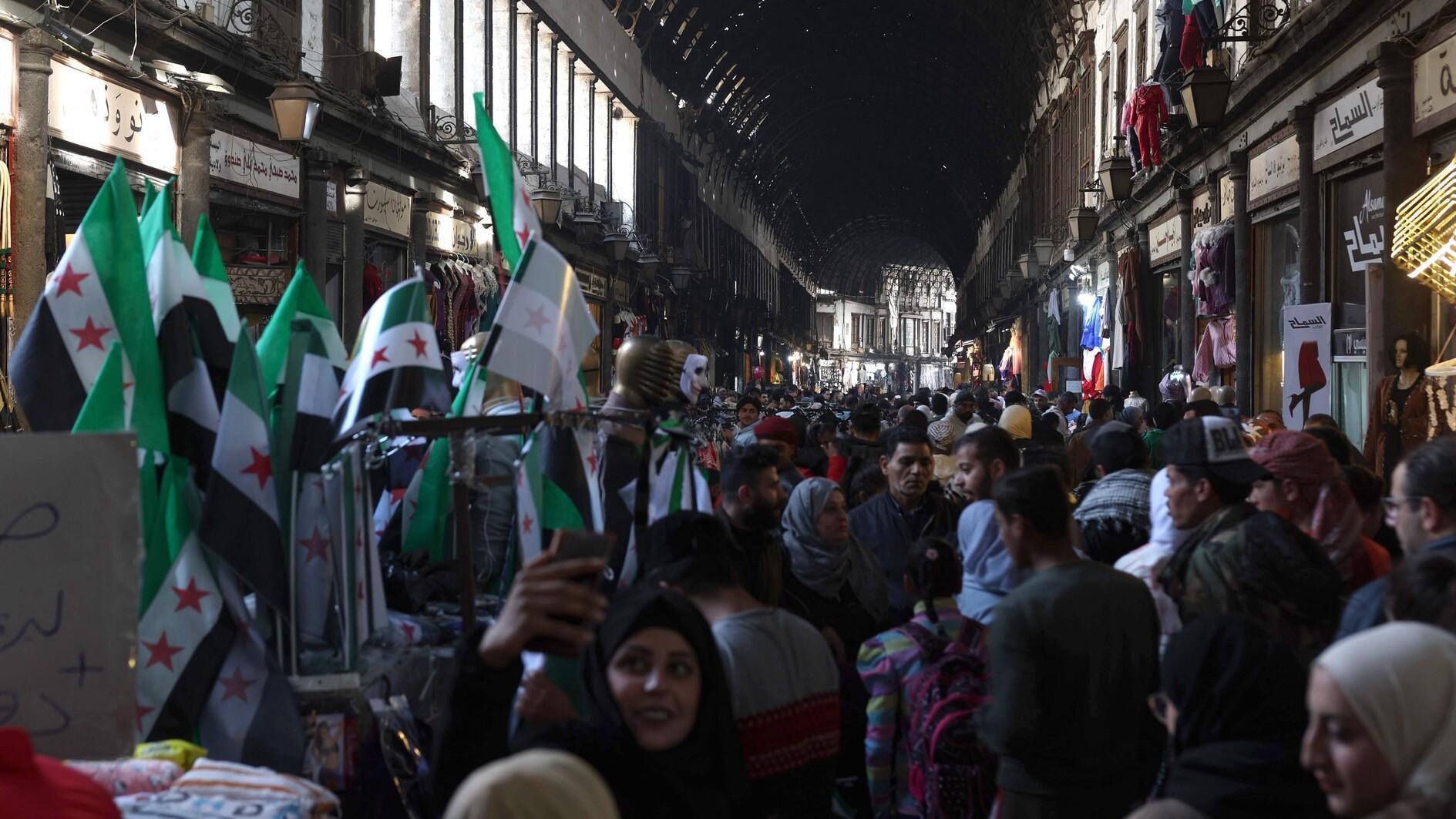Russia 'actively studying' Türkiye's peace initiative for Ukraine conflict: Lavrov
MOSCOW

Russian Foreign Minister Sergey Lavrov has said that Russia is giving serious consideration to Türkiye's proposal for organizing peace talks with Ukraine and reviving the grain export agreement.
In an interview with Russian state news agency RIA, Lavrov praised Türkiye's diplomatic initiatives, particularly highlighting President Recep Tayyip Erdogan's personal involvement in seeking a peaceful resolution to the Ukraine crisis.
Lavrov recalled Türkiye's pivotal role in facilitating the drafting of the only peace treaty between Russia and Ukraine, as well as brokering agreements that enabled Ukrainian grain exports through the Black Sea, known as the Black Sea Grain Initiative.
However, the Russian Foreign Minister noted that these agreements faced setbacks.
"These agreements were later rejected or unimplemented by Kiev," Lavrov stated.
"The Ukrainian side declined to finalize the draft peace treaty, and they exploited the Black Sea corridor to conduct attacks and provocations against Russian vessels and coastal infrastructure," he added.
Lavrov also pointed out that Russia's part of the deal, which aimed to normalize access to global markets for its agricultural products and fertilizers, has yet to be fulfilled.
Despite these challenges, there appears to be an opening for renewed dialogue. Lavrov referenced a recent meeting between Russian President Vladimir Putin and President Erdogan on the sidelines of the BRICS summit in Kazan, where Putin expressed Russia's openness to continuing discussions on Black Sea navigation.
"U.N. Secretary-General Antonio Guterres has expressed similar views, and all proposals are now under review by the relevant authorities," Lavrov added, suggesting a multilateral approach to resolving the issues.
The diplomatic history between Russia, Ukraine, and Türkiye dates back to March 2022, when Türkiye hosted a meeting between the Russian and Ukrainian foreign ministers in Antalya. These efforts culminated in the landmark Black Sea grain deal in 2022, a significant achievement in ensuring global food security during the conflict.
However, the agreement faced a setback when Moscow declined to extend it after July 2023, citing restrictions on Russian grain exports.
















